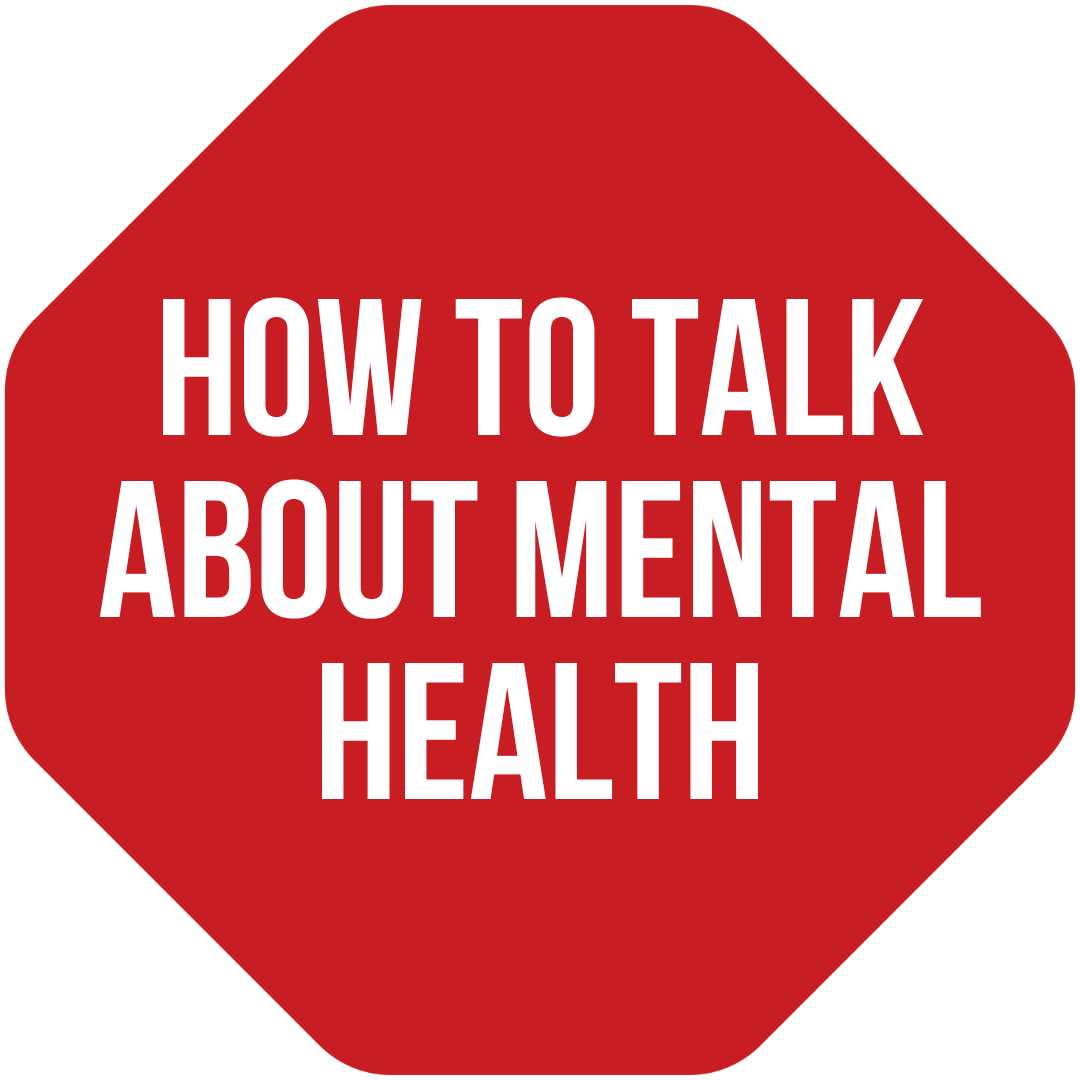
When you’re struggling, the first step to feeling better is finding a way to talk about how you’re feeling. But for a lot of us, it can be hard to speak up, and even harder to know how to approach the conversation — who to talk to and what to say.
Talking about your mental health is a vital part of getting the help you need.
| What to talk about |
Just thinking about how to start the conversation on your mental health concern can be overwhelming, you can ease some of your worries and get the best support possible by planning the conversation.
|
| How to say it |
If you are struggling with what you want to say use the letter below and fill in the blanks. Pick from the options listed or use your own words. Dear _________, For the past (day/week/month/year/__________), I have been feeling (unlike myself/sad/angry/anxious/ moody/agitated/lonely/hopeless/fearful/overwhelmed/ distracted/confused/stressed/empty/restless/unable to function or get out of bed/__________). I have struggled with (changes in appetite/changes in weight/loss of interest in things I used to enjoy/ hearing things that were not there/seeing things that were not there/ feeling unsure if things are real or not real/ my brain playing tricks on me/ lack of energy/increased energy/ inability to concentrate/alcohol or drug use or abuse/self-harm/skipping meals/overeating/overwhelming focus on weight or appearance/feeling worthless/ uncontrollable thoughts/guilt/paranoia/nightmares/ bullying/not sleeping enough/ sleeping too much/risky sexual behaviour/overwhelming sadness/losing friends/unhealthy friendships/unexplained anger or rage/isolation/ feeling detached from my body/feeling out of control/ thoughts of self-harm/cutting/thoughts of suicide/plans of suicide/abuse/sexual assault/death of a loved one/__________). Telling you this makes me feel (nervous/anxious/hopeful/embarrassed/ empowered/proactive/mature/self-conscious/guilty/__________), but I’m telling you this because (I’m worried about myself/it is impacting my schoolwork/it is impacting my friendships/I am afraid/I don’t want to feel like this/I don’t know what to do/I don’t have anyone else to talk to about this/I trust you/__________). I would like to (talk to a doctor or therapist/talk to a counsellor/talk to my teachers/talk about this later/create a plan to get better/talk about this more/find a support group/__________) and I need your help. Sincerely, (Your name__________) *adapted from Mental Health America |
| Then what |
If you’ve made the decision to talk to someone about your mental health, you may be nervous about how things will go and what could happen. Below are some things to expect:
*Information adapted from The Jed Foundation |



